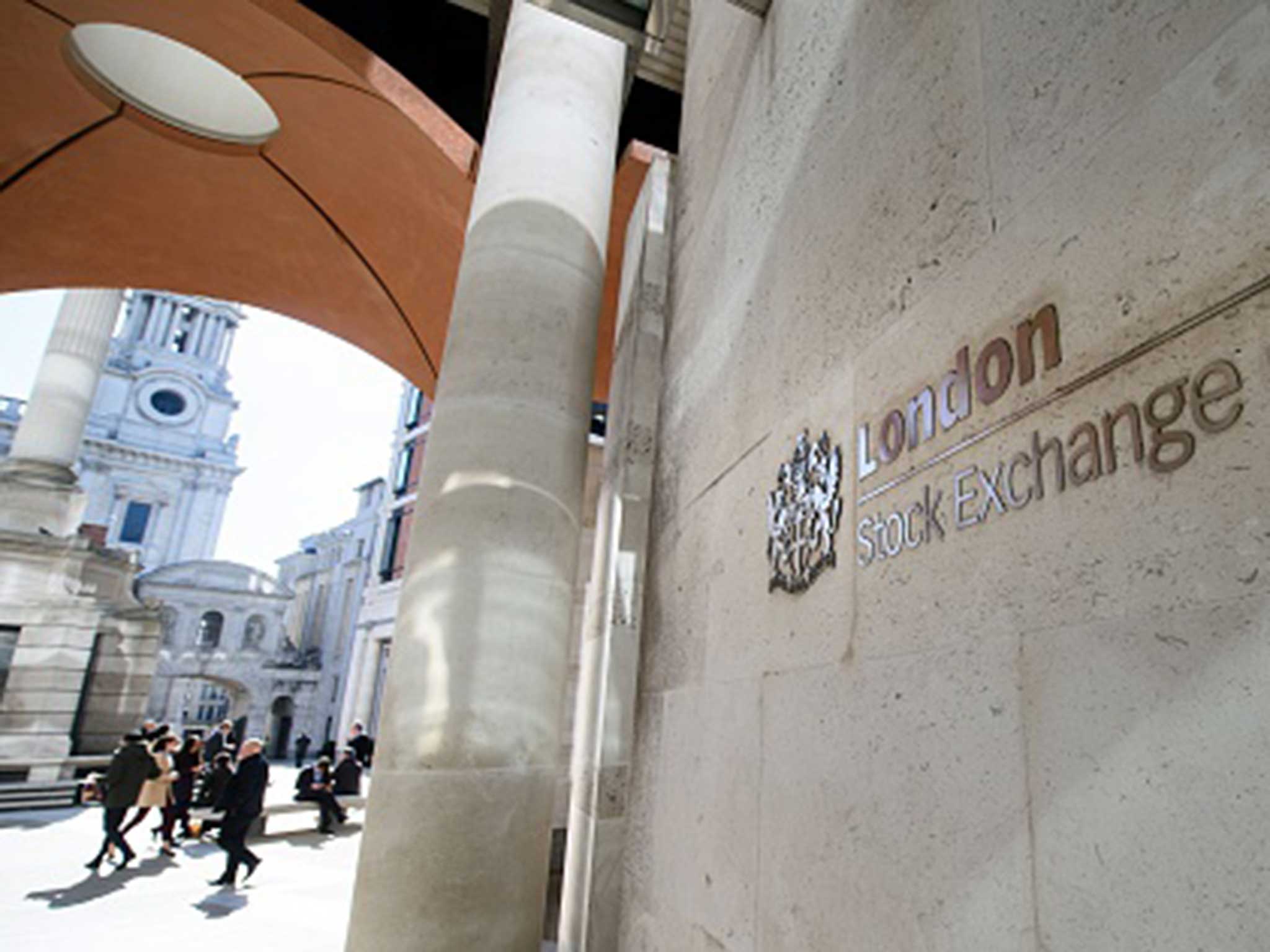O2 gets cold feet over flotation plans as Misys pulls the plug amid sinking market
More and more companies opting to avoid taking risks as a result of Brexit-created uncertainty

Your support helps us to tell the story
From reproductive rights to climate change to Big Tech, The Independent is on the ground when the story is developing. Whether it's investigating the financials of Elon Musk's pro-Trump PAC or producing our latest documentary, 'The A Word', which shines a light on the American women fighting for reproductive rights, we know how important it is to parse out the facts from the messaging.
At such a critical moment in US history, we need reporters on the ground. Your donation allows us to keep sending journalists to speak to both sides of the story.
The Independent is trusted by Americans across the entire political spectrum. And unlike many other quality news outlets, we choose not to lock Americans out of our reporting and analysis with paywalls. We believe quality journalism should be available to everyone, paid for by those who can afford it.
Your support makes all the difference.London’s flotation market is sinking faster than a lead ball dropped into the middle of the English Channel.
Software company Misys has just joined a growing list of companies to have cancelled plans to list their shares on the London Stock Exchange.
It’s not alone. The owner of O2, one the biggest forthcoming floats, seems to be getting cold feet. Mark Evans, the boss of Spain’s Telefonica, said the expected London listing of his UK mobile operator is hanging on the performance of the UK economy.
Plans are still being prepared, but Mr Evans was at pains to stress that his company is by no means committed.
“I’ll draw that very clear distinction,” he said. “What you’ve seen over the course of the last six to eight weeks is the market going into some flux. Softening.”
To translate the business-speak chief executives insist on using in preference to plain English, that means deteriorating.
But, I hear you say, the GDP figures. They were better than expected. We’re still growing, despite what you Jeremiahs keep telling us.
Well, here’s James Hughes, chief market analyst at GKFX.com, a spread betting outfit, with a handy explanation for why they are looking better than some economists had predicted: “Many will try and say that this shows signs of Brexit boom rather than Brexit bust, and that it shows signs that Brexit is good news for Britain, but this for me is not the case. The referendum was only to get the general public’s decision on whether to leave the EU or not, and not to actually leave there and then. Subsequently, very little has changed.”
So the positive GDP readings we’ve seen recently? They are simply following the trend of growth in the UK that had been in place for the previous three quarters. Mr Hughes doesn’t think it will be possible to gauge the true impact of Brexit on UK PLC until Article 50 of the Lisbon Treaty is invoked, formally triggering it. He is, in all likelihood, right. It might take longer than that.
What it is possible to do now is read the tea leaves. They do not auger well, and so, while Telefonica is getting its O2 ducks in a row, it’s not willing to commit to doing anything more.
A shame for Telefonica, which could do with reducing its €50bn (£44.6bn) debt pile, but you don’t float companies into a bad market, or a choppy economy, unless you absolutely have to.
Pure Gym, which provided an early indication that something was amis, was able to the plug on its flotation a few weeks ago because it had enough flexibility to keep rolling without going public.
The same is true of Misys, which complained about volatile markets. We all know what is causing the volatility.
What Misys, and Pure Gym, and perhaps O2, are doing is sitting on their hands rather than taking risks. No business wants to expose itself to unnecessary risk in these markets if it can be avoided.
The problem with that is if corporate risk avoidance starts to extend beyond the stalling of major corporate moves, such as a flotations, or mergers.
If companies opt to sit on their hands instead of hiring, or investing in new kit, or moving into new premises, or any number of other activities, then it spells bad news for future GDP readings.
If you want to get a handle on what is going on in the corporate sector, and gauge the impact of that on the economy, you sometimes have to look as much at what is not happening as what is happening.
A lot of things are not happening at the moment.
Join our commenting forum
Join thought-provoking conversations, follow other Independent readers and see their replies
Comments